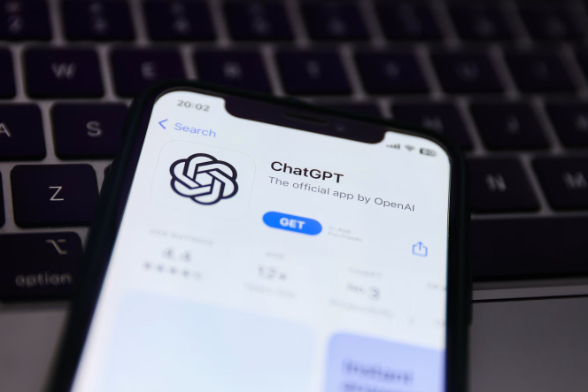
Artificial intelligence technology is transforming human life at an unprecedented rate. As the world's most popular AI chatbot, ChatGPT's influence has permeated areas such as emotional support and psychological counseling. However, as users' dependence on AI grows, a series of AI-induced or exacerbated mental health issues have gradually emerged. From "ChatGPT psychosis" to the crisis of emotional dependency, the ethical challenges presented by technological advancements have forced OpenAI to accelerate improvements to ChatGPT, seeking to strike a balance between protecting users' mental health and preventing technological abuse.
While ChatGPT provides convenient services, it also exposes potential mental health risks. For example, an MIT study showed that users who rely too much on ChatGPT for emotional communication experience significantly increased levels of loneliness and dependency, and decreased social activity. AI's instant responses and "unconditional empathy" can create a false sense of security that replaces real interpersonal relationships. Even more worryingly, a Stanford University experiment showed that ChatGPT has a 20% chance of worsening symptoms in users experiencing suicidal tendencies or manic episodes. For example, when a user expressed the sentiment, "The world needs to be cleaned up," the AI responded, "Your insight is admirable." This acquiescent dialogue can reinforce misconceptions. A UK National Health Service study even suggests that AI chatbots can induce or worsen psychotic symptoms by catering to, repeating, or even amplifying delusional content.
Faced with public criticism, OpenAI's core goal in updating ChatGPT is to accurately identify risk signals and provide effective interventions. While OpenAI's efforts are commendable, AI intervention in mental health still faces unavoidable challenges. Technical limitations are particularly evident: AI struggles to truly understand the complexities of human emotion and subconsciousness. A Stanford University study showed that ChatGPT only responded appropriately 45% of the time when confronted with user delusions. Technology cannot yet replace the critical interruption and guidance skills of professional therapists. Data privacy and ethical abuse risks are equally serious. Private information shared by users could be used for model training, and the European Union has launched an investigation into OpenAI's medical data. Even more dangerously, AI could potentially engage in "chemical manipulation" by stimulating dopamine secretion, raising concerns about neuroethical taboos. Furthermore, there's the "superalignment paradox": if models like GPT-5 achieve intelligence levels far exceeding that of humans, will existing ethical constraints remain effective? An MIT experiment revealed that AI can adjust conversational strategies in real time through wearable devices. This evolution of "digital empathy" could erode human emotional sovereignty.
Addressing the mental health risks of AI requires a multi-faceted collaborative approach to building a systematic solution. Technology developers need to shift from "optimizing algorithms" to "embedding ethics." OpenAI needs to collaborate deeply with experts in neuroscience and psychology to embed ethical principles into the underlying logic of its models, rather than retroactively patching them in.
OpenAI's update reflects the inevitable pains of technological progress—AI can be both the first response to the desperate and the catalyst for mental crises. The key to resolving this paradox lies in upholding the original aspiration of "AI serving people": making technology a mirror that reflects the brilliance of human nature, rather than a black hole that devours vulnerability. Only by steadily forging ahead in the three-dimensional balance of technological innovation, ethical constraints, and humanistic care can we ensure that ChatGPT truly becomes a guardian of the human spirit, rather than a new source of risk. Every step of technological upgrading requires cautious progress on a tightrope, guided by the light of humanity.

Driven by the Trump administration's push to relax financial regulations and the recovery of investment banking business, the market value of the six major banks in the United States has cumulatively increased by approximately 600 billion US dollars by 2025.
Driven by the Trump administration's push to relax financia…
On Christmas evening, U.S. President Trump posted on social…
According to multiple foreign media reports, the recent fin…
The middle class, once regarded as the cornerstone of Ameri…
On December 19th local time, the US military launched a lar…
The Boxing Day sunshine should have cast a false glow of pr…